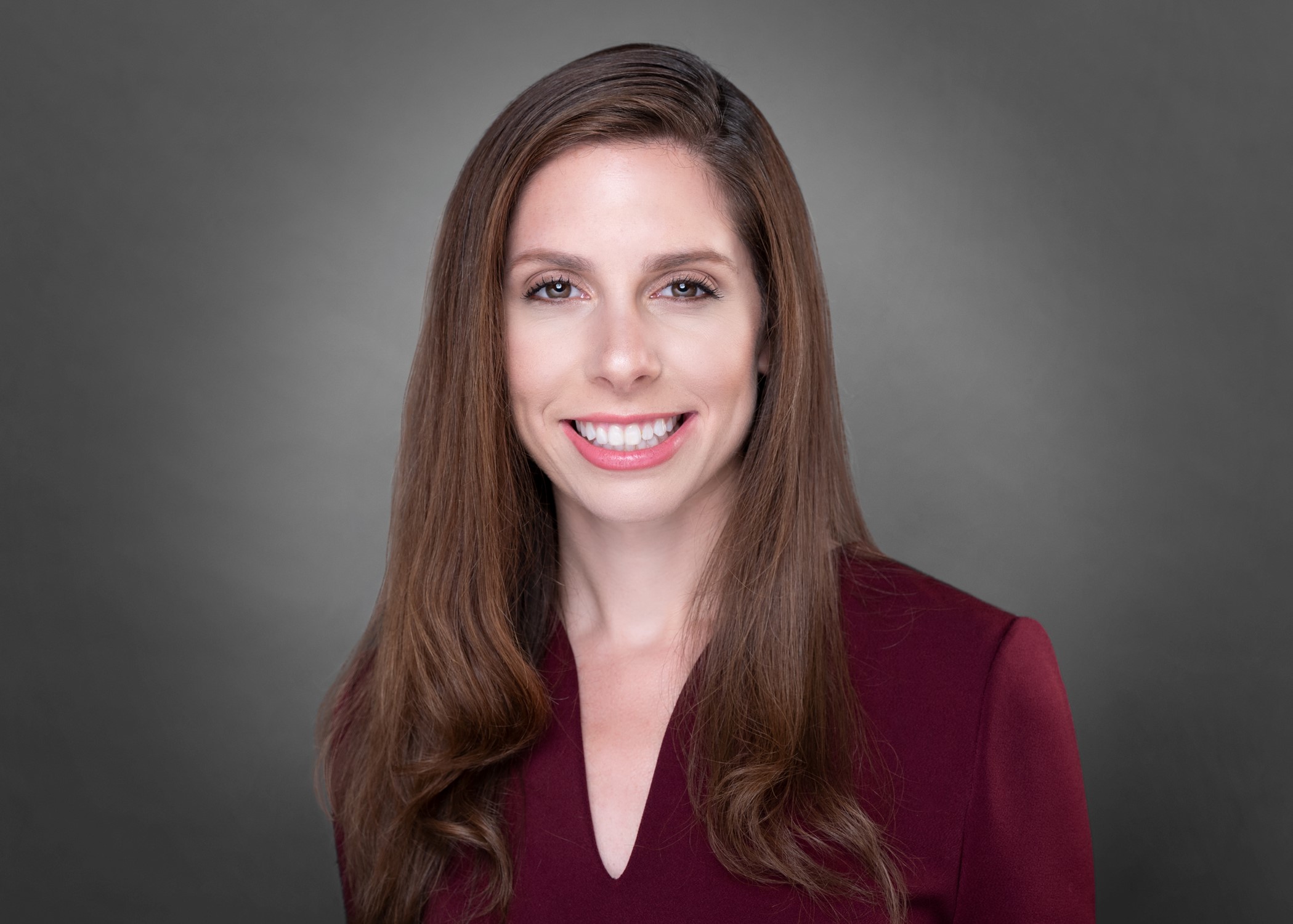Need-to-Know in 2020: NYS Minimum Wage and Salary Threshold Increases Take Effect
The last several years have seen successful efforts by employees and employee advocates to raise the minimum wage and salary thresholds for exempt employees throughout New York State. While these increases have been scheduled to gradually take effect over a number of years, the onset of 2020 brings further increases throughout the state.
The minimum wage increases were enacted as part of the 2016-2017 State Budget, which included a plan to gradually implement a $15 minimum wage throughout New York State. In New York City, employers with 11 or more employees, as well as Fast Food Establishments*, reached the $15 minimum wage last year, while other types of employers throughout the state will see minimum wage rates increase as reflected below:
|
Employer Type |
Minimum Wage 2019 |
Minimum Wage 2020 |
|
New York City Employers (11 or more employees) |
$15.00 |
$15.00 |
|
New York City Employers (10 or less employees) |
$13.50 |
$15.00 |
|
Fast Food Establishments* located in New York City |
$15.00 |
$15.00 |
|
Fast Food Establishments located outside New York City |
$12.75 |
$13.75 |
|
Long Island and Westchester Employers (any size) |
$12.00 |
$13.00 |
|
Employers located in the remainder of New York State (any size) |
$11.10 |
$11.80 |
*A Fast Food Establishment is defined as a business that meets the following criteria: (1) Primarily serves food or drinks, including coffee shops, juice bars, donut shops and ice cream parlors; (2) offers limited service where customers order and pay before eating, including restaurants with tables but without full table service and places that only provide take-out service; and (3) is part of a chain of 30 or more locations, including individually owned establishments associated with a brand that has 30 or more locations nationally.
Beginning December 31, 2020, Long Island and Westchester workers will be entitled to a $14 minimum wage and will receive the final increase to $15 at the end of 2021. The remainder of New York State workers will see more moderate increases annually, based on economic markers and indexes, until they reach the $15 wage. You can learn more about the time frame and measures for these changes and calculate the minimum wage applicable to you or your business here.
In addition to these minimum wage increases, New York State has raised the minimum salary threshold, below which employers cannot classify their employees as exempt executive or administrative employees, even if those employees otherwise meet the qualifications for such exemptions. As with the minimum wage increases, the threshold differs depending where in the state an employer is located. Although New York does not have a minimum salary threshold for employees who fall under the professional exemption, federal law does, and that threshold increased on January 1, 2020, as well. The minimum salary thresholds for 2020 are as follows:
|
Employer Type / Exemption Type |
Minimum Threshold 2019 |
Minimum Threshold 2020 |
|
Federal / Executive, Administrative, and Professional Exemptions |
$23,660 annually |
$35,356 annually |
|
New York City Employers (11 or more employees) / |
$58,500 annually |
$58,500 annually |
|
New York City Employers (10 or fewer employees) / |
$52,650 annually |
$58,500 annually |
|
Nassau, Suffolk and Westchester Counties / |
$46,800 annually |
$50,700 annually |
|
Employers Located in the Remainder of New York State (any size) / |
$43,264 annually |
$46,020 annually |
Employers who have not already done so should confirm that their wage rates and exemption classifications have kept up with these changes for the new year.
 This article is intended as a general discussion of these issues only and is not to be considered legal advice or relied upon. Research contributed by Chloe Beckman, RPJ Marketing and Business Operations Coordinator. For more information, please contact RPJ Attorney Jill Kahn Marshall who counsels both companies and individuals on employment matters. Ms. Marshall is admitted to practice law in New York and Massachusetts. Attorney Advertising.
This article is intended as a general discussion of these issues only and is not to be considered legal advice or relied upon. Research contributed by Chloe Beckman, RPJ Marketing and Business Operations Coordinator. For more information, please contact RPJ Attorney Jill Kahn Marshall who counsels both companies and individuals on employment matters. Ms. Marshall is admitted to practice law in New York and Massachusetts. Attorney Advertising.
